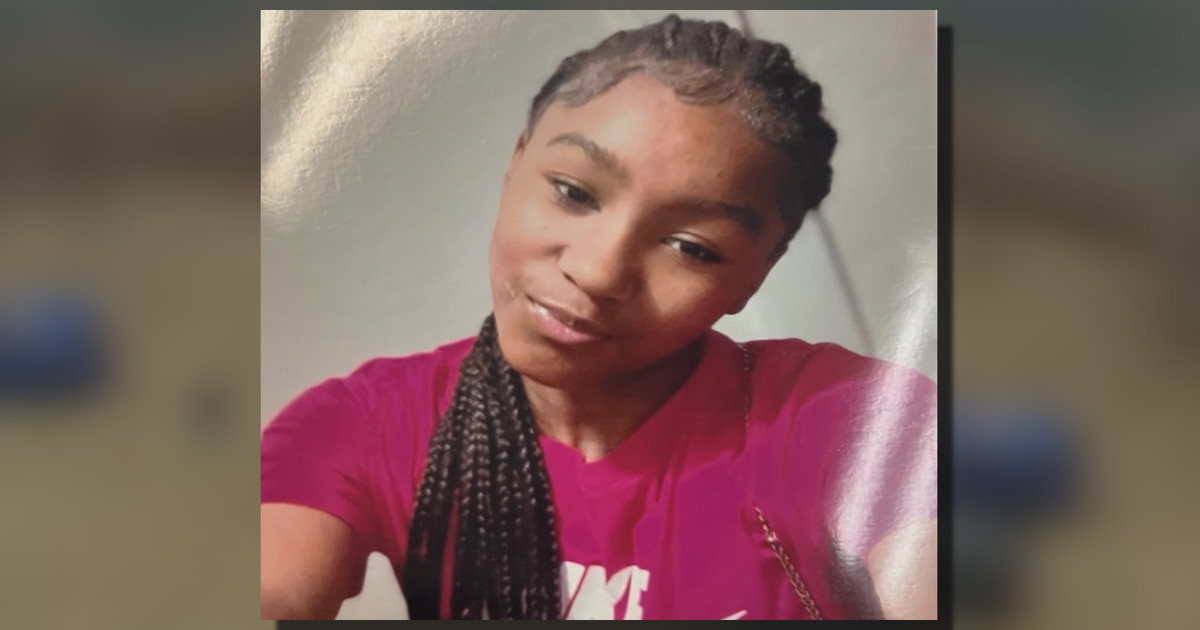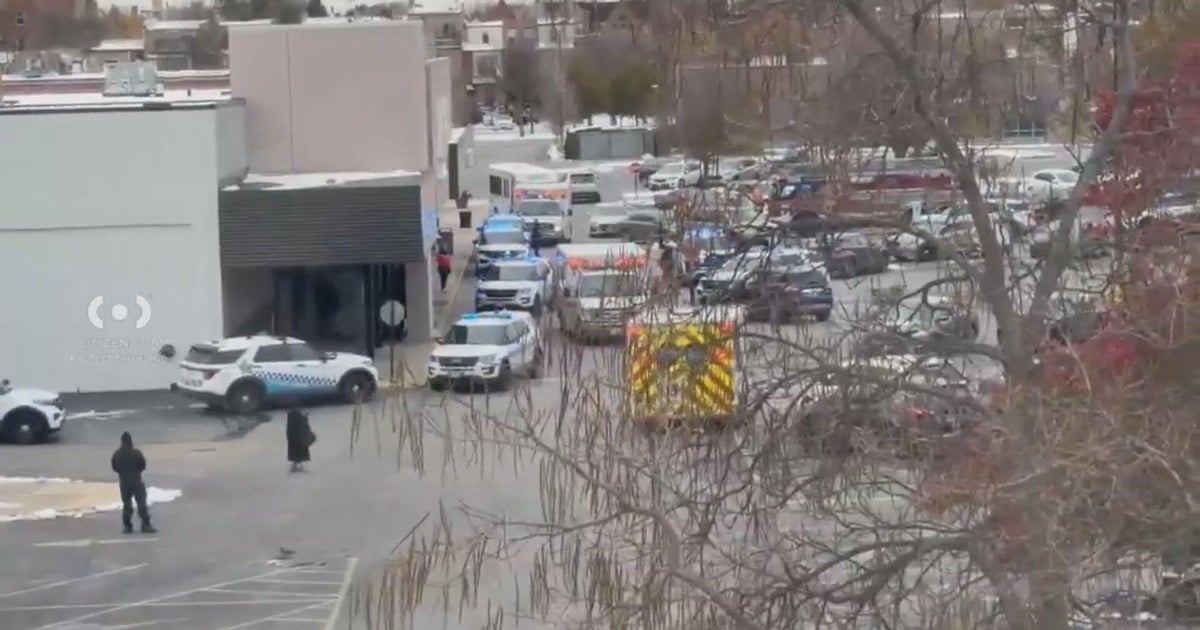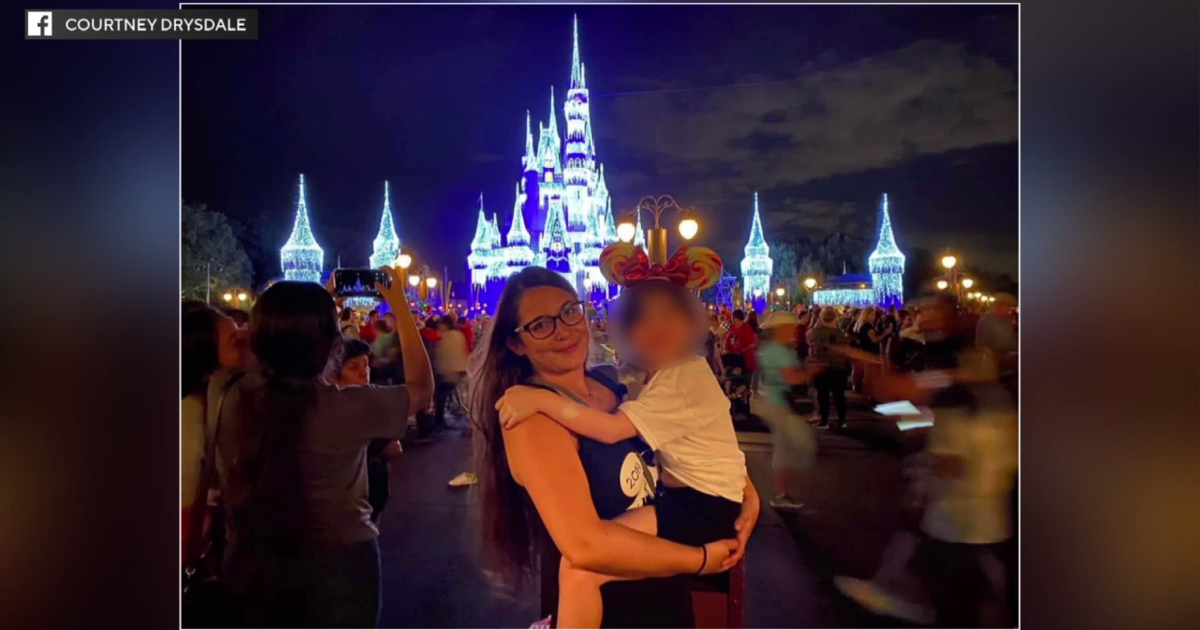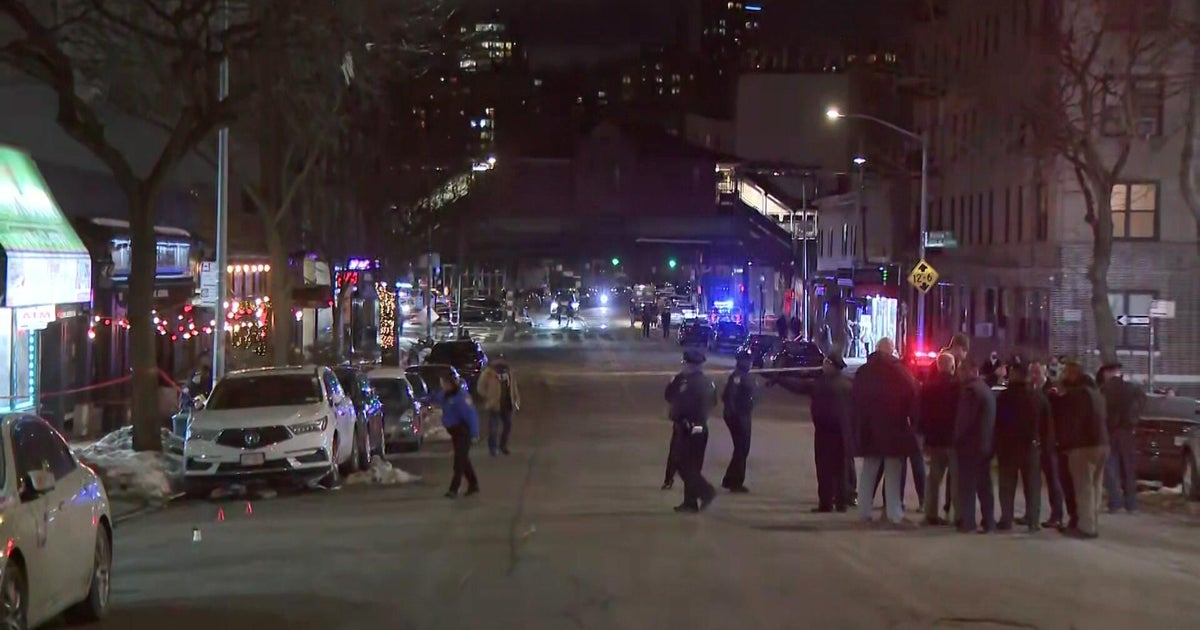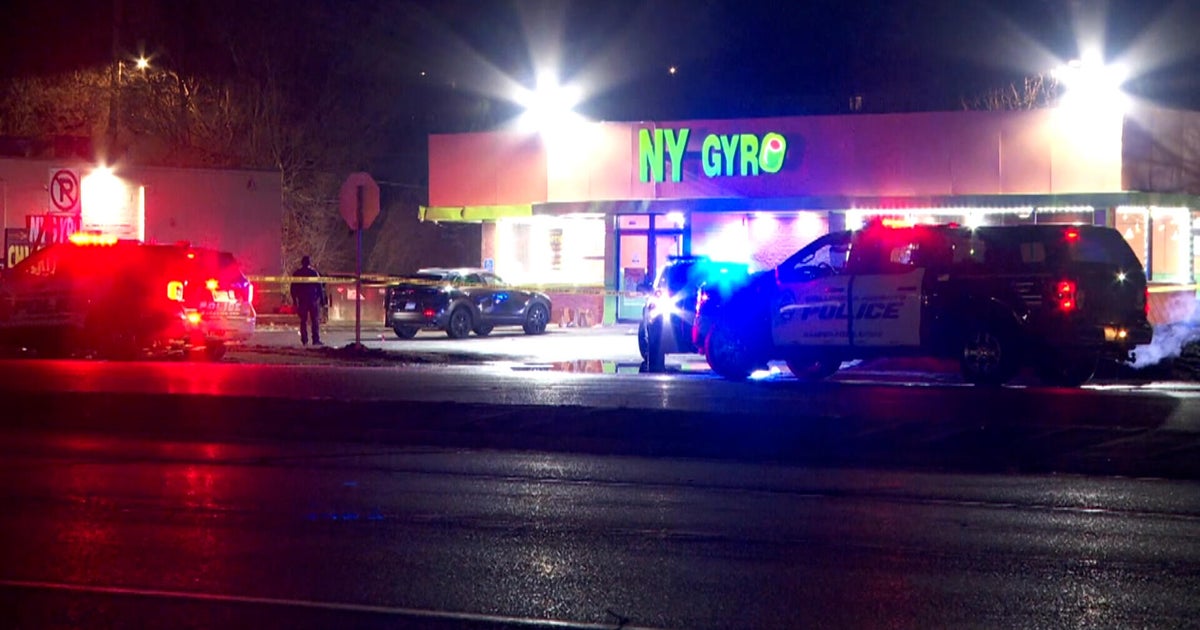Bullet Tests Clear Detroit Man In Prison Since 1992
DETROIT (AP) — A man who claims Detroit police framed him for a 1992 slaying walked out of prison for the first time in 25 years after new tests showed bullets taken from the victim's body didn't come from a gun that was presented at trial as the murder weapon.
"Justice prevailed," Desmond Ricks, 51, told The Associated Press after enjoying a grilled turkey-and-cheese sandwich with his legal team at a restaurant in Marshall, Michigan.
His freedom was the climax of an extraordinary effort to clear himself in a fatal shooting outside a Detroit burger joint in 1992.
The Innocence Clinic at University of Michigan law school asked Judge Richard Skutt to reopen the case after prosecutors in 2015 turned over photos of two bullets removed from the victim, Gerry Bennett.
Prosecutors at trial said a gun belonging to Ricks' mother was used to kill Bennett. But new tests on bullets still in police storage ruled out any connection, Innocence Clinic director David Moran said.
One of the bullets doesn't match the gun and the other was too mutilated for a thorough analysis, he said.
"I'm not bitter. I'm not angry. I'm just relieved," Ricks said. "I want to get a job. I want to pay taxes. I just want to be a normal citizen."
Skutt threw out Ricks' second-degree murder conviction on Friday after the Wayne County prosecutor's office agreed it should be erased. A second trial seems highly unlikely. Spokeswoman Maria Miller said a decision about whether to completely dismiss the case will be discussed in court on June 1.
Moran said Ricks was a great advocate for his own cause.
"What he was saying seemed to be outlandish: The Detroit police crime lab would not only make mistakes but switch bullets. It wasn't outlandish — it was true. This outlandish conduct cost Desmond Ricks 25 years," he said.
The crime lab was shut down after a 2008 audit revealed that it had performed sloppy work, including the botched analysis of gun evidence.
Miller said it's too early to say whether there should be an investigation to determine whether the bullet dispute in Ricks' case was accidental or deliberate. It's possible the statute of limitations has lapsed.
In 1992, Ricks was with Bennett when Bennett was shot in the head outside a restaurant. Ricks said he ran away, dodging gunfire. But a few days later, police pinned the slaying on him and took his mother's gun.
Ricks had a key ally in his bid to reopen the case: an independent firearms expert who was involved in the 1992 trial. Ricks found David Townshend's name in a law journal in 2009 and wrote to him from prison.
Townshend agreed to help. He recalled that the bullets originally presented to him by police for examination appeared to be in excellent shape with no trace of blood, bone or hair that would suggest they were removed from the victim's brain and spine.
Townshend said they didn't resemble the actual bullets that were pulled out of police storage and produced just two years ago.
"Townshend's a hero," Moran said. "He was willing to put his reputation on the line."
The Innocence Clinic has exonerated or helped free 14 people in Michigan since 2009 by exposing bad police work, finding new witnesses and tapping specialists.
© Copyright 2017 The Associated Press. All Rights Reserved. This material may not be published, broadcast, rewritten or redistributed.
